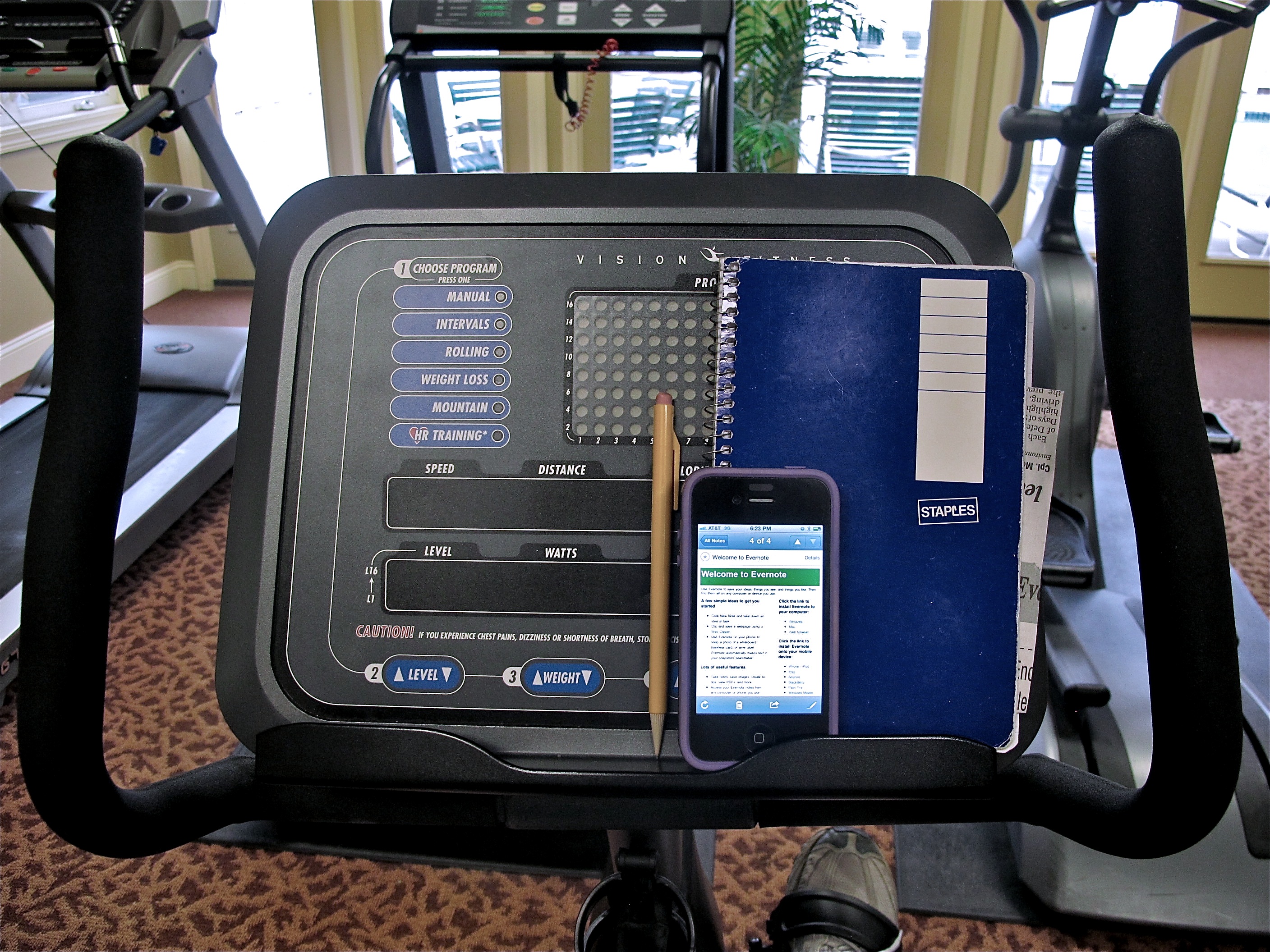Thought I’d share some short YouTube videos for those of you who are thinking about branching into medical writing.
These medical writers provide some insight into their work, as well as some tips on which areas might suit you best:
How To Get Into Medical Writing
Starting A Career in Medical Writing
A Few Words About Life In MedComms







Follow Me!